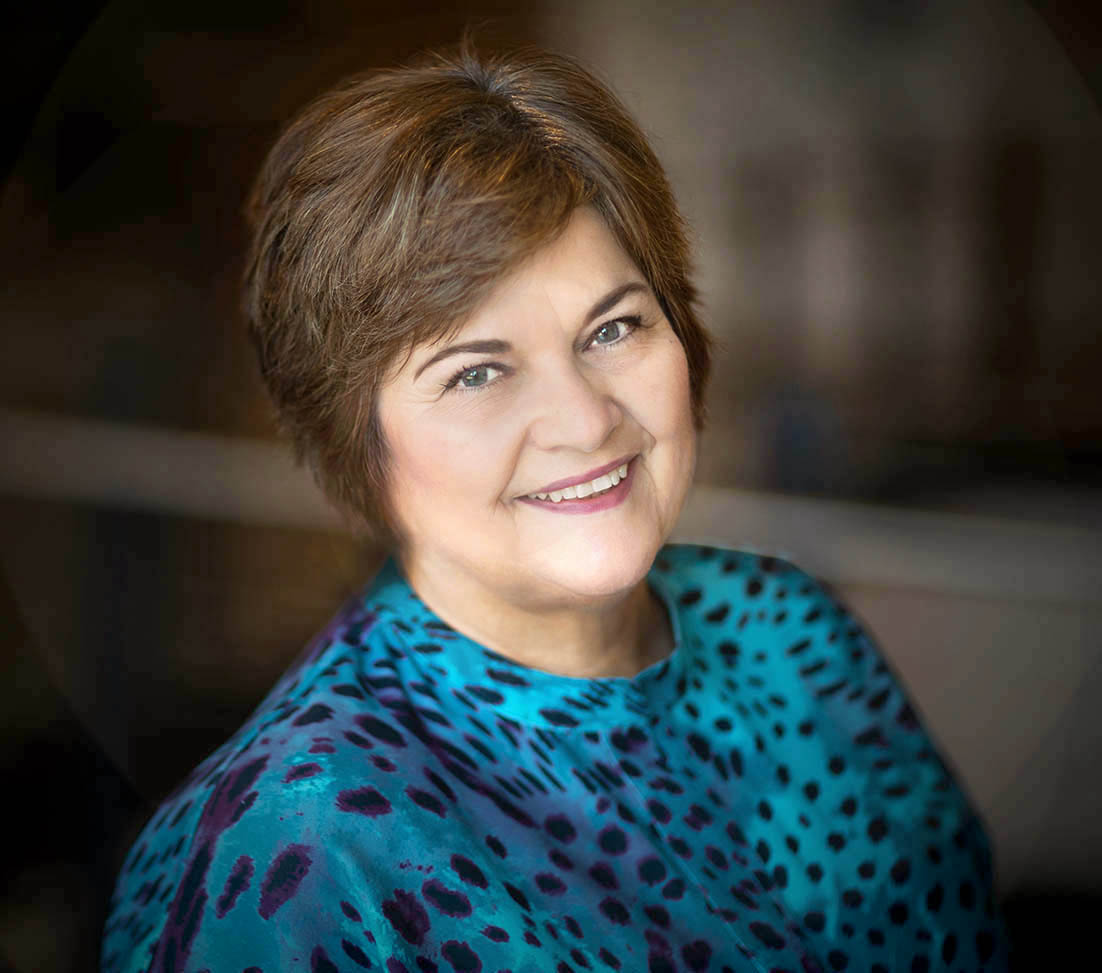Transforming Communities Around the World
After decades of working in public health managing community coalitions and developing school health and safety curriculum, Lynne Lang decided to shift her career. This work led her to the IIRP, where she graduated with her Master of Science in Restorative Practices in 2018, leading her to form a non-profit spreading her work around the world.
Q: What brought you to the IIRP?
A: In 2012, I was writing a book on Virtue-Based Restorative Discipline (VBRD) when I found the IIRP website and reached out to Ted Wachtel. That fall, I came to a conference in Bethlehem and began taking classes to satisfy my curiosity and before I knew it, I was halfway to a degree. I decided to officially enroll and finished my studies in 2018. It was a very satisfying experience.
Q: What types of restorative work are you doing now and what makes you passionate about it?
A: I worked for the Archdiocese of St. Louis training Catholic schools in VBRD from 2011-2018 and started a summer training institute that drew hundreds to St. Louis annually.
Inspired by the potential beyond Catholic schools, I left in 2018 to form a nonprofit, Restoration Matters, to expand the work internationally to include public schools, communities, and workplaces. We have shown up as far away as Singapore and locally we are part of a Social Innovation Impact Cohort in the heart of St. Louis.
This year, from June 6-7, we are hosting the 11th annual Restoration Matters Summer Institute, Repairing Harm, Restoring Hope, (2023 RMSI) in Dallas, Texas. This national training will revive our popular pre-COVID in-person events.
Q: What would you like to see happen in your restorative work going forward?
A: For Restoration Matters, I'd like to grow the community and workplace sectors, helping organizations become more connected as a way to reduce violence and increase compassion in public settings. We have been working with businesses that hire justice-involved individuals to help employers connect through restorative processes. Our pilot program, Restorative Compassion at Work, is now in place for management teams.
For the field of restorative work, I'd like to see people all around us learning to find ways to make every person they meet feel better about themselves when they leave a conversation. Even hard conversations can end with each person's dignity intact if we are truly about the business of being restorative.
Restorative work is a process, not a product, and results show up in small ways that cumulatively affect the overall culture in any organization. So, it happens one relationship at a time as we cultivate pockets of competency in our daily work.
